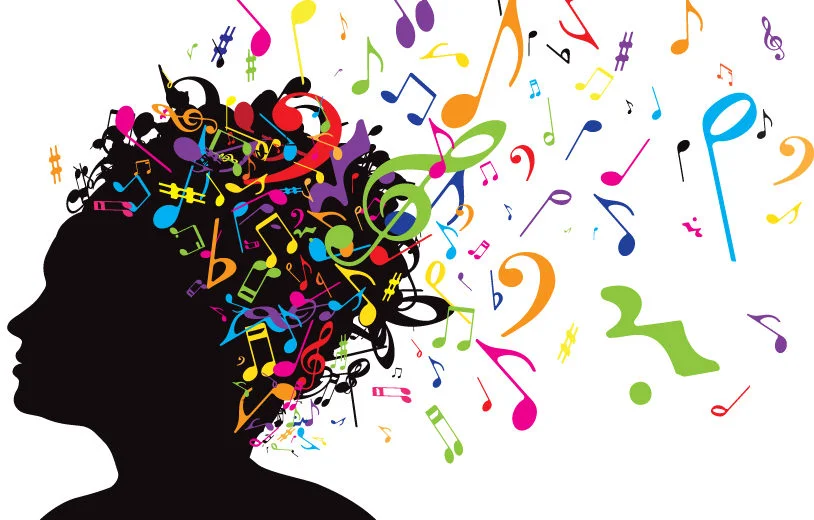A patient with Alzheimer’s disease sits in a room, unable to speak, unable to recognize his family, unable to interact with his community. And yet, a recording of a song is put on and suddenly his memory is activated, and he remembers essential events and people of his life. He can sing along with the melody and even dance a little to the rhythm.
Why does music affect us the way it does? How is it that something so abstract can raise our spirits to ultimate highs and can take us to rueful lows. It can put us “In-the-Mood” and cause our motor system to almost involuntarily make us sway and stomp and tap and dance in rhythm.
Can you imagine your life without music? Can you imagine this world without music? Although some people think music is only a by-product of culture, a majority of scientists believe music was an essential part of human evolution. Indeed, Darwin believed music, singing and dancing was an important aspect of finding a mate.
Music activates pretty much every part of the brain, from the primary auditory reception area to the emotional centers (limbic system), left and right hemispheres to motor regions, frontal cortex to cerebellum. The amygdala, which plays a role in eliciting fear, is often inhibited while listening to music. The neurotransmitter, Dopamine, is released at a higher level while listening to music, levels comparable to less abstract actions such as eating and sex. And though music may not “cure” disease or injury, it has been shown through functional Magnetic Resonance Imaging (fMRI) that it can facilitate brain–plasticity and help re-establish neural connections which were present before the injury.
Does it matter if it’s Mozart or Shania Twain? Pink Floyd or Miles Davis? Perhaps not. Research suggests a balance between musical patterns that are recognizable to us and unexpected changes and additions to those patterns keeps the different parts of the brain engaged. The important thing is to listen and engage with music.
And so, is hearing really that important to our health? For more on this fascinating topic, check out Daniel Levitin’s best-selling book This Is Your Brain on Music.

